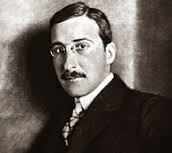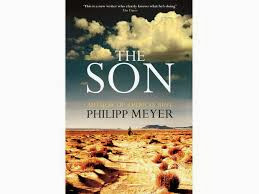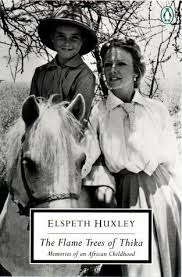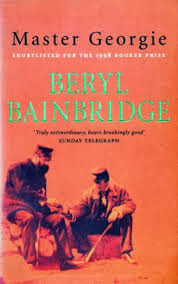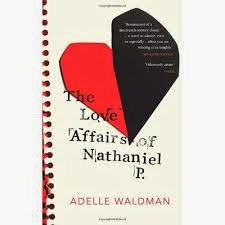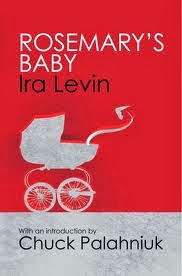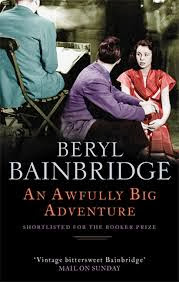
Oh Beryl! Beryl! Here I was all ready to be in love with you and read everything you ever wrote. I very rarely read the same author back to back, or even close together, but MASTER GEORGIE was so wonderful and so short I decided to risk it, and picked up AN AWFULLY BIG ADVENTURE. It’s not awful, but it’s no adventure, and it’s certainly not GEORGIE.
The novel tells the story of a young woman apprenticed to a theatre repertory company in the 1960s. It’s a world not so much changed today, and is one I know well. The young woman is in love with the company’s director, who is, not amazingly, not interested in women. She engages in an affair with the star of the show (Captain Hook, in a lackluster PETER PAN), and there’s a strange twist at the end, which I won’t give away, involving this relationship. So it sounds like it should be pretty interesting, right? But it gets bogged down in a sort of heightened poetry that drains it of character of incident.
The gorgeous Bainbridge style is still there, but someone I just don’t care. Try:
The dance floor, wreathed in blue smoke, was crowded with revellers foxtrotting to the magnified beat of the paper-hatted band perspiring beneath a trembling canopy of holly boughs and mistletoe
Lush, isn’t it? Or this, the description of her first time with the star. Note she had just been in a play about Cleopatra:
It was unusual, that was for sure. She felt a certain sad excitement, a little discomfort and much embarrassment, the latter concerned with the removal of clothing. I am dying, Egypt, dying, her mind gabbled when (her) brassiere fell to the dusty floor. She hadn’t been prepared for the way poetry came into this fitting together of parts, Shall I believe that unsubstantial Death is amorous, and that the lean abhorred monster keeps Thee here in dark to be his paramour, she recited in her head, as O’Hara climbed on top and humped her beneath the rude unshaded bulb.
Okay typing this out is making me feel like I liked it. But really I didn’t. Sorry Beryl!


